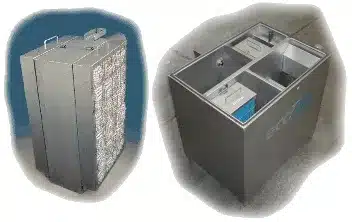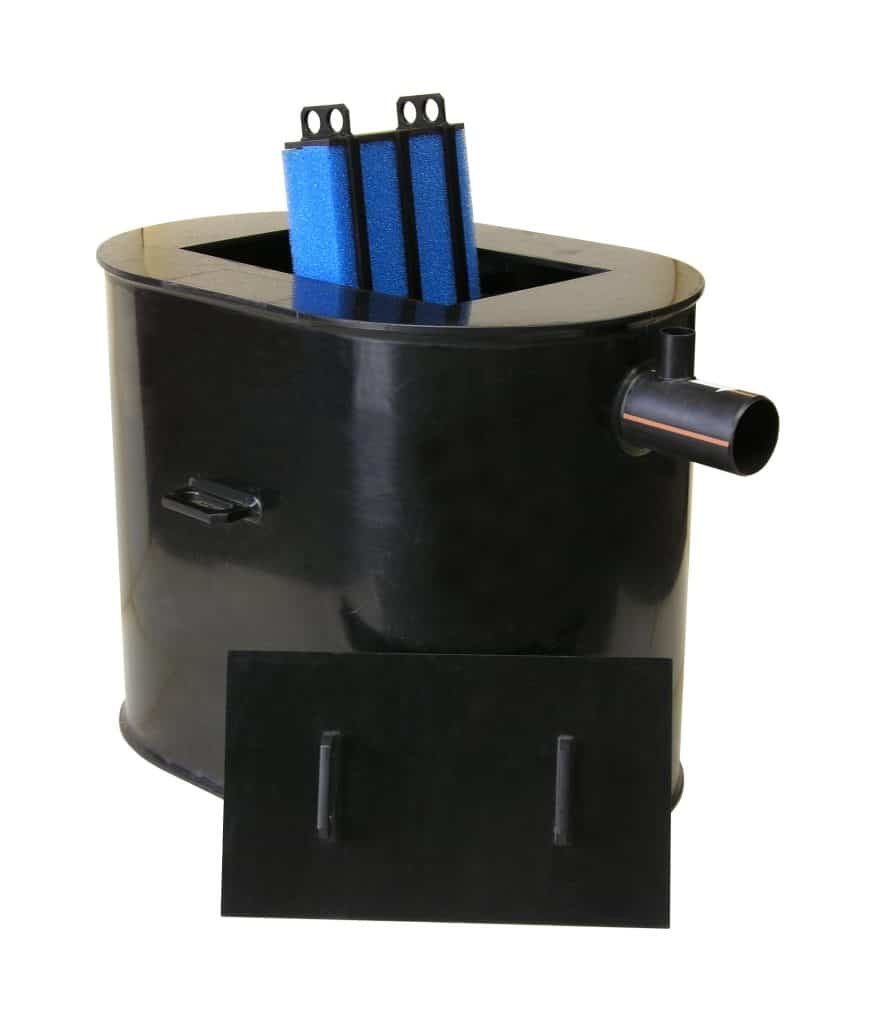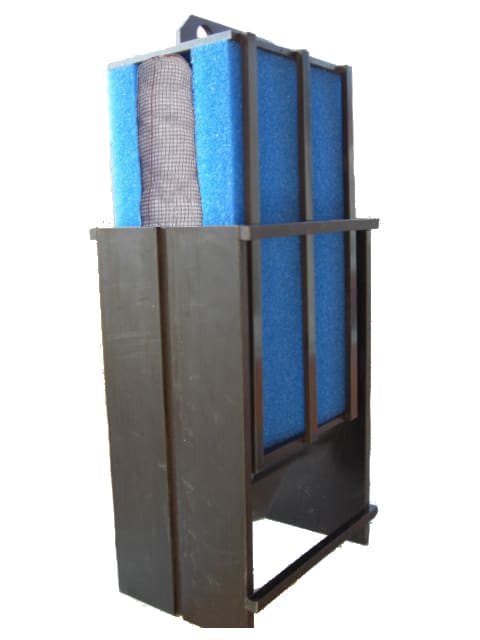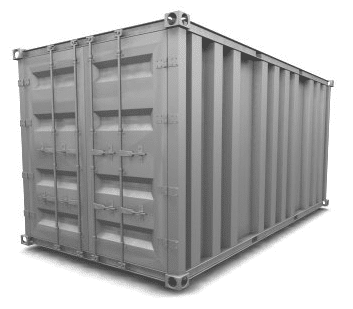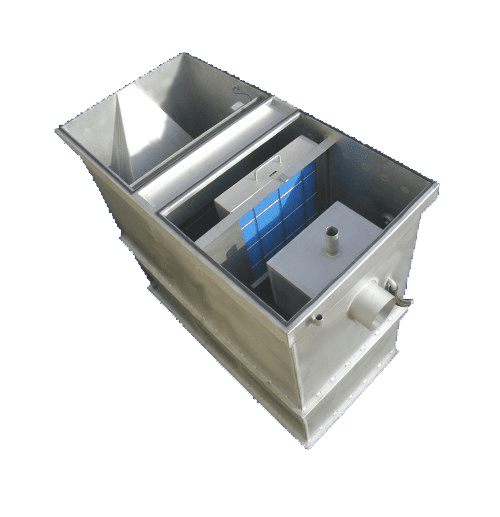Do you know how vital Above Ground Oil Water Separators are for Massachusetts’ water? These systems are key in managing wastewater on-site. They keep pollutants from our groundwater. It’s crucial to know how they work and why they’re vital for clean water.
Massachusetts Above Ground OWS systems lead in treating wastewater away from our homes and businesses. They remove oil and solids from wastewater, protecting our septic systems and sewage plants. These separators take out 99.9% of oil and solids, making them key in keeping our water clean and ecosystems healthy.
Freytech Inc. is a top name in this field, offering systems that go beyond what’s required in North America. Their separators can handle many types of oil, like motor oil and jet fuel. This makes them a big part of our efforts to protect our water and environment in Massachusetts.
Key Takeaways
- Above Ground Oil Water Separators are key for protecting Massachusetts’ water.
- These systems remove 99.9% of oil and solids efficiently.
- Freytech Inc. ensures 5 PPM separation efficiency, beating standards.
- They can process various oils, including motor and jet fuel.
- Above Ground OWS systems are vital for managing wastewater away from our homes and businesses.
- They’re crucial for protecting septic systems and sewage treatment facilities.
Introduction to Above Ground Oil Water Separators in Massachusetts
Above ground oil water separators are key in Massachusetts’ wastewater system. They keep the environment safe and stop pipes and treatment systems from clogging. The state now has new rules to balance protecting the environment with helping businesses.
Importance of Oil Water Separation
Separating oil and water is key for clean sanitation. It keeps pollutants out of waterways and makes treatment systems last longer. Companies that mix oil and water must use the right separation tech to follow state rules.
Regulatory Framework in Massachusetts
Massachusetts has updated its environmental laws for more flexibility. Now, places not doing vehicle maintenance can use a sump with a pump to an above-ground tank. This is a cheaper way for businesses to meet state and local rules without a full oil water separator system.
Environmental Benefits of Proper Separation
Good oil water separation is great for the environment. It cuts down on pollution, protects wildlife, and makes communities cleaner. By using these systems, companies help the environment and follow Massachusetts’ green standards.
Massachusetts Above Ground OWS: Types and Configurations
Above Ground Oil Water Separators come in various designs for different needs. In Massachusetts, they are key for treating contaminated water from industrial and commercial sites.
Rectangular Separator Designs
Rectangular designs are a top choice for Above Ground Oil Water Separators. These units are great at separating oil from water. They fit well in tight spaces because of their compact shape.
Flow Rate Capacities and Sizing Options
Oil Water Separators come in many sizes for different flow rates. Small ones handle 2-6 gallons per minute, good for small businesses. The big ones can process up to 2000 gallons per minute, great for industrial sites.
Materials: Stainless Steel vs. Carbon Steel
The material used affects how long an Oil Water Separator lasts. Stainless steel is great because it doesn’t rust easily, perfect for tough environments. Carbon steel is cheaper but needs a special coating to stop rust. Both materials are durable for managing wastewater.
Key Components of Above Ground Oil Water Separators
Above ground Oil Water Separators are key in treating wastewater and protecting the environment. They have several important parts that work together to separate oil from water effectively.
The inlet has a non-clog diffuser for smooth flow into the separation chamber. Inside, coalescing media helps separate oil and water. A sludge baffle and oil skimmer improve separation efficiency.
The clean water chamber holds the treated water. Vapor-tight covers stop emissions and are easy to remove for upkeep. Tanks come with lifting lugs for easy moving and setting up.
Pipe connections depend on the size of the unit. Smaller ones use FNPT couplings, and bigger ones have raised face flanges. The design is simple, with no moving parts or power needed, cutting down on costs and upkeep.
Massachusetts Above Ground OWS systems are built to last and work well. They offer a dependable way for industries to meet strict wastewater standards and protect the environment.
Innovative Technologies in Oil Water Separation
Wastewater infrastructure has seen big changes in recent years. These changes are making us rethink how we handle sustainable sanitation and follow environmental rules.
These separators are crucial in storm water systems. They process runoff to meet the US EPA’s Clean Water Act standards. With effective oily water treatment, facilities protect the environment and dodge big fines.
UNIPACK Cross-Fluted Media Design
Freytech Inc. has created the UNIPACK cross-fluted media design. This tech uses channels with many crossing points between plates. It makes oil separation better in smaller units. A 5000-gallon UNIPACK system can do as well as a 15,000-gallon traditional unit at 500 GPM flow rate.
Enhanced Coalescing Technology
New coalescing methods have made free oil separation better. These systems can get discharge levels as low as 5 PPM. This is lower than the North American standard of 10 PPM, setting new standards in wastewater treatment.
Efficiency Improvements in Smaller Units
The latest oil water separators are high-performance but small. This makes them easy to install in tight spaces. It also helps meet environmental rules in areas with limited space.

